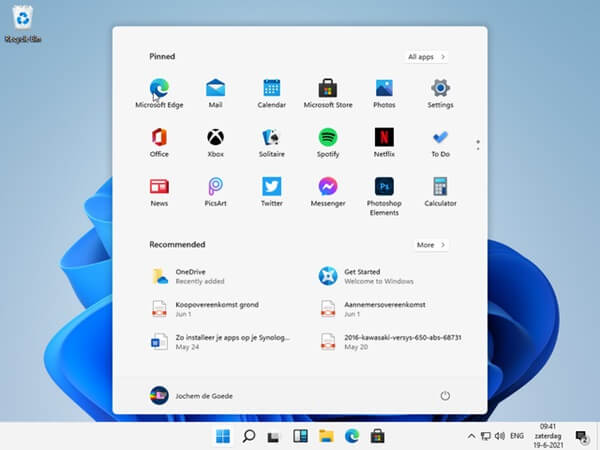A feature that Microsoft forgot to update, for 30 years it still retains the same “temporary” interface as the first day

Launched in 1994 with Windows NT, but the user interface of this feature on Windows 11 is still exactly the same as the day it first appeared.
Windows 11 brings many new features and modernizes many parts of the user interface, including the Settings menu and longtime applications like Notepad and Paint. But with the age and huge scale of an operating system like Windows 11, it is not difficult to find many parts of the user interface that seem to have been “forgotten” by Microsoft when their design is still the same as before. 30 years ago.
Even the interface of some components is at a “temporary” level like when it first appeared before.
In his tweet, former Microsoft programmer Dave Plummer shared an image of one of those components: the Format feature dialog box – a feature still used in Windows 11 today when formatting is needed ( reformat) a certain drive using Windows Explorer.
Plummer said he was the one who wrote that Format dialog box in late 1994, when his team was busy converting the user interface from Windows 95 to Windows NT.

“We were migrating billions of lines of code from the Windows 95 user interface to NT, and Format was one of the areas where Windows NT was so different from Windows 95 that we had to make some customizations.” about the user interface.” Mr. Plummer said. “I took out a piece of paper and wrote down the options and choices you can make regarding formatting the drive, like file system, labeling, cluster size, compression, encryption, etc. “
Mr. Plummer then created a basic user interface that could be added to the Windows NT codebase as a temporary solution “until a more beautiful UI component appeared”. But it turns out that the interface upgrade for this feature never came, and nearly 30 years later, the temporary interface solution that Mr. Plummer came up with still appears in Windows 11 today.
Not only the Format dialog box interface, a legacy that Mr. Plummer left to this day is the 32GB format size limit of FAT drives in Windows.
“I also had to decide how much “cluster slack” was too much, and that resulted in limiting the format size of the FAT drive to 32GB.” Mr. Plummer admitted. “This limit was also an arbitrary decision that morning and it sticks with us like a permanent side effect.”

In fact, FAT drives can support sizes up to 2TB but you need a third-party tool in Windows to create this drive, but even so, Microsoft’s operating system will probably cannot read FAT drives that are too large in size correctly.
Through many user interface reforms in Windows, Microsoft has still ignored this Format dialog box since it was first introduced in Windows NT 30 years ago. Maybe Microsoft “forgot” this feature or maybe this is a typical example of the saying “If it ain’t broke, don’t fix it”.
Mr. Plummer was also involved in many other components of MS-DOS and Windows applications of the 90s and early 2000s, including Task Manager, the game Space Cadet Pinball and the first version of the stimulator system. License activation comes with Windows XP. He left Microsoft in 2003.